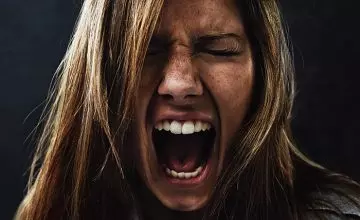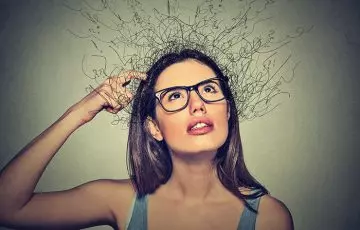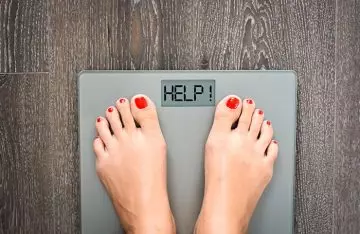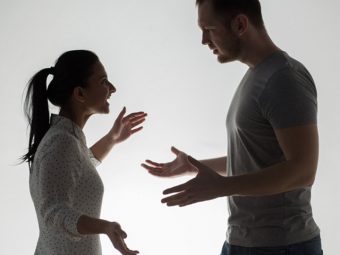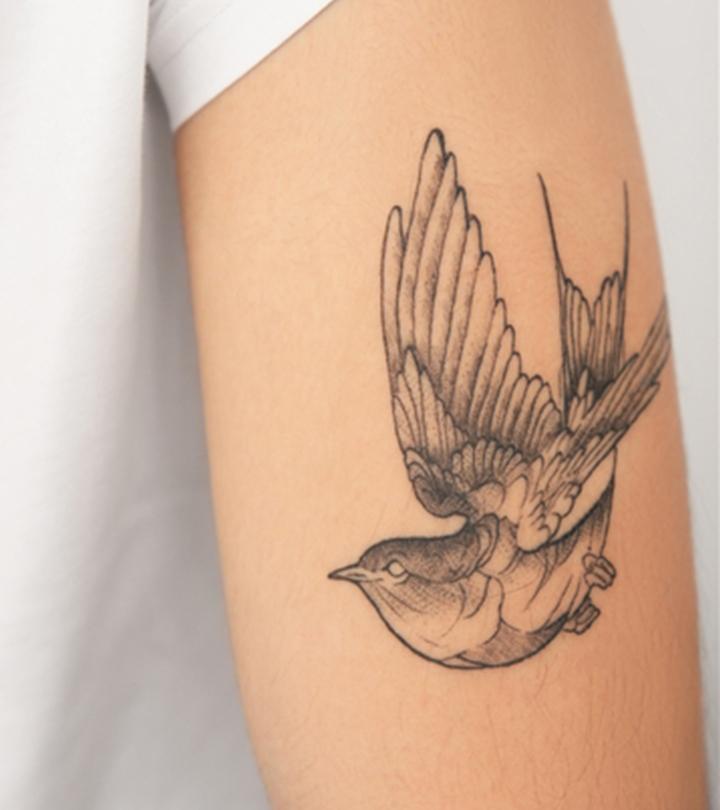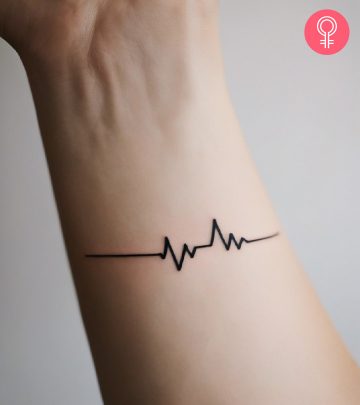10 Warning Signs of Depression You Shouldn’t Ignore
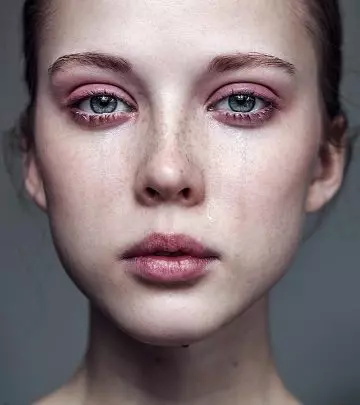
Image: Istock
Anxiety disorders or clinical depression is probably the most ignored disease because people around consider it as just a mood swing or a manifestation of severe stress and anxiety. Most people suffering from depression feel a loss of energy, hopelessness, deep mental pain and isolation, not a mere soon-passing despondency. Since we are living in a patriarchal society, women are likely to be affected 60% more according to researchers. Depression could be a bout of severe despondency for just a year, or it might exist for a lifetime. In the US, nearly 18.1% of the population are affected by depression and nearly 23% of the total population are deemed as severe cases of clinical depression.
You might have recently had a breakup with your fiance or handed a pink slip at what you thought was an exciting workplace. You might even be stressed about missing out your EMIs or feeling low thinking of the infidelity of your spouse. Wait … you should not be the one to feel worthless and unproductive. Such persistent feelings of guilt and shame could be a symptom of the grave clinical depression that has caught hold of you. It is absolutely normal to have such feelings due to everyday tension but, if it lasts for more than 14 days, BEWARE! The depression may lead you—a jovial person otherwise who so much in love with life, to commit suicide. So, check out if you have these symptoms and meet a clinical psychologist/ psychiatrist NOW. They could diagnose whether it is just a mere anxiety disorder that would soon pass or what sort of depression you have if you are having one—dysthymia, baby blues, psychosis, seasonal affective disorder, or even if it is something quite serious like bipolar disorder and suggest the treatment for the same.
1: – Anxiety
Anxiety disorders top the list of symptoms because nearly half the patients diagnosed with depression were diagnosed with anxiety disorders. Studies point out that 40 million adults are affected by anxiety disorders. Though these are highly treatable, only one-third receive treatment. Life events, personality, genetics, brain chemistry, etc.—there are numerous factors that contribute to anxiety. General Anxiety Disorder affects 3.1%, Panic Disorder affects 2.7%, Post Traumatic Stress Disorder affects 3.5%, Major Depressive Disorder, Specific Phobias affects 8.5% affects 6.7% of the total US population according to an extensive study. All these disorders target more women than men. Other anxiety disorders like Social Anxiety Disorders and Obsessive Compulsive Disorder which may start as early as 13 years of age are likely to affect both men and women alike. Persistent Depressive Disorder (PDD) continues for up to two years.
2: – Anger and Irritable Behaviour
When anxiety of any sort is gnawing you within, it is likely that you may get angry over trivial things that otherwise would demand only your cool. So, you are making things more complicated than solving problems. A study published in the Journal of Medical Association in 2013 reports that depression accompanied by anger is more severe. Often, anger triggered by depression may also lead to other disorders like substance abuse. Anger leading to irritability would also create lots of conflicts in relationships which would again result in a feeling of loneliness.
3: – Low Self- esteem, Guilt and Dire Hopelessness
Your past mistakes might stand as a huge wall in between you and your dreams. Such people who are continuously tormented by the feelings of guilt and visit the lane of self-esteem in your imaginative space often see no rays of golden hope shining in the next morrow. Feeling low occasionally is alright if you are soon able to overcome this mood. But, if it is so persistent that you feel you have lost yourself – the early cheerful you, you might be severely depressed.
4: – Insomnia
If continuous worries or anxiety press you hard, sleep might not be generous to you at all. The result? You will end up gazing at the ceiling with your eyes wide open at 2 am. Deep sleep is vital for our eyes, healthy brain function and overall emotional well-being. For long, sleep and mental health are equal partners in crime. That is, depression can lead to insomnia and insomnia can lead to depression. Studies say that people who have insomnia are ten times more at risk of developing depression and there are several ways in which insomnia manifests itself. Sleep Onset Insomnia, Sleep Maintenance Insomnia, unrefreshing sleep, daytime sleepiness and the like. The first two types of insomnia are highest in people with depression.
5: – Fatigue
You may never know when your serotonin (happiness neuro transmitter) or epinephrine is low and wants an external boost up in the shape of supplements from a doctor because you will only feel a sense of endless fatigue as if you have no more energy even to breathe… your motivation level just refuses to raise up to its required level whatever you do and you feel you are the greatest procrastinator.
6: – Short-term Memory Loss
Sometimes you feel so fatigued that you are not able to concentrate on anything for long and also feel that you do not remember any of the tasks that you ought to have done on an immediate basis. Short-term Memory loss could be another form of depression. If being able to remember what happened 20 years ago but not being able to remember what happened 20 minutes ago is what is bothering you now, you might be depressed.
Caution:Mind, mood, and memory are closely connected and to be happy you fight such signs of depression now.
7: – Reckless Behavior
If a sensitive person suddenly starts exhibiting signs of sadism in thought and turns bitter at heart, or if a person who is otherwise simple roams around as heavily made-up, or if you find him/her seeking new adventures like drinking binge or smoking… you know something is seriously wrong. Yes, they are trying to conceal their depression with their reckless behavior.
8: – Loss of Interest in Pleasurable Activities
Anhedonia or loss of interest in pleasurable activities like socializing or lack of sex drive is also resultant of depression. If you are no more interested in your favorite music or if you are not connecting with all those friends as frequently as you used to do earlier, you might be in a state of depression.
9: – Weight Fluctuations
Some tend to starve themselves because food no longer interests them. In cases of severe depression, they may even lose count of the hours of sleep and hunger pangs. In some other cases, they are so depressed that they cannot help count the calories they are adding to their bodies. They try to wade their depression away by overeating. Anyhow, weight fluctuations are bound to be normal in either case.
10: – Obsession with Death
Suicidal thoughts led by depression are serious and need to be attended to on an urgent basis. This happens among chronic depression patients. It is not age that really matters but the nature of the illness. Such people call other people to say goodbye and behave so recklessly as if they do not care about life. The thoughts of death preoccupy themselves to the extent that they cannot stop thinking the world would be much more better without them.
If you are always in a bad mood, and any of these symptoms surface time and again, it’s time to take action. There is nothing more important than your peace of mind. Depression can be cured, it’s just a matter of realizing it on time and seeking help.


